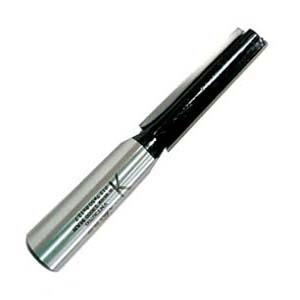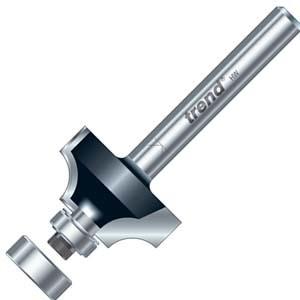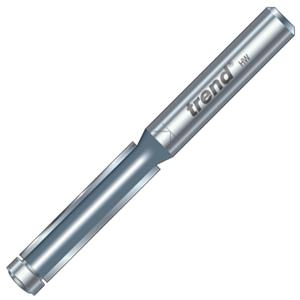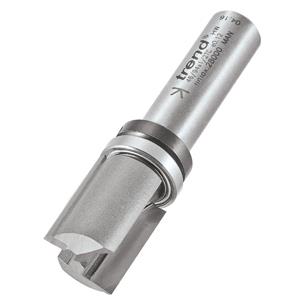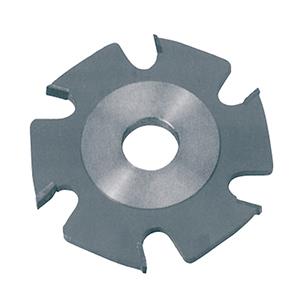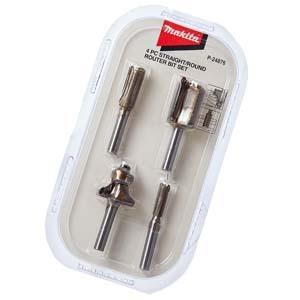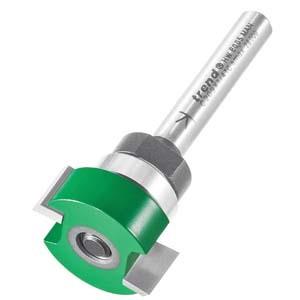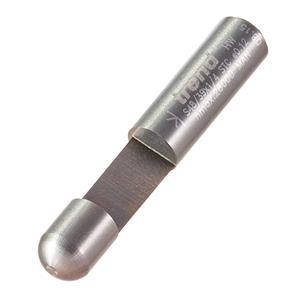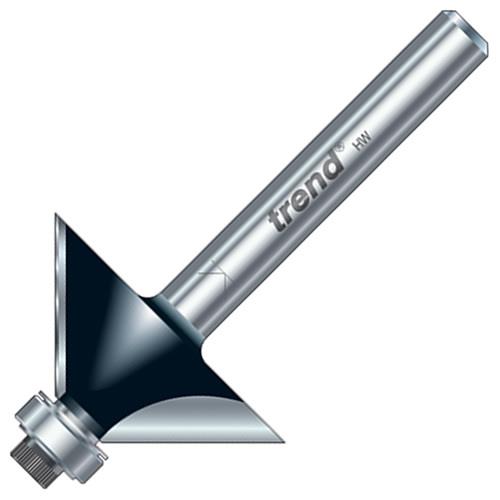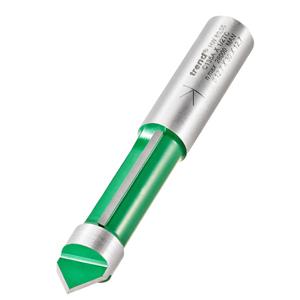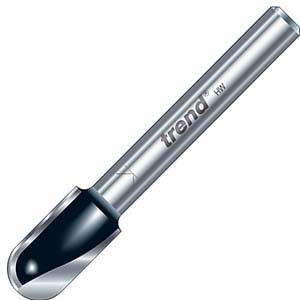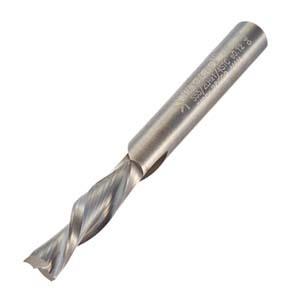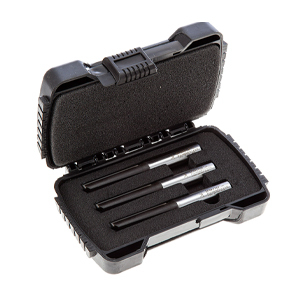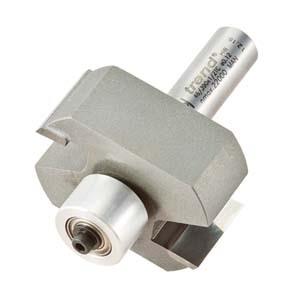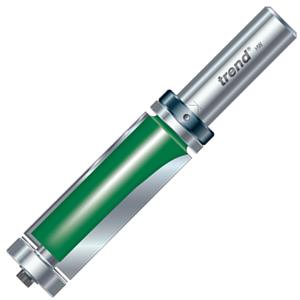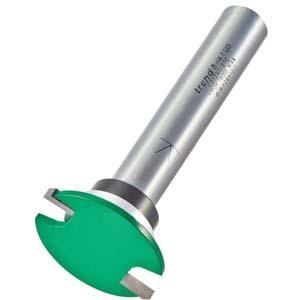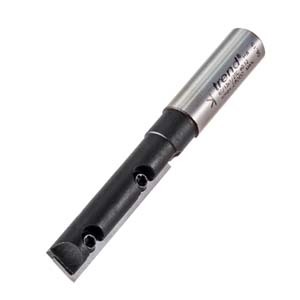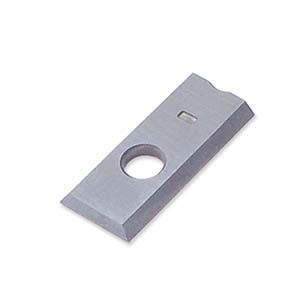Router Bits
Router bits shape, cut and profile wood with accuracy and clean edges — essential for any woodworking or joinery job. Choose from straight cutters, profiling bits and flush trims to match your project’s demands.
What Are Router Bits Used For?
They’re mounted into a router or router table and rotated at high speed to trim, hollow or finish wood, plastic or laminate:
- Straight Bits – Clean out grooves, dados or channels in timber boards or ply.
- Flush Trim Bits – Match edges between materials, especially when working with templates.
- Roundover & Chamfer Bits – Add a clean edge profile for shelves, tables, or cabinetry.
- Decorative Bits – Create mouldings or ornate trim finishes on door panels and furniture.
Popular With:
- Joiners shaping bespoke wood profiles
- Cabinetmakers finishing units and panels
- DIYers rounding shelves or kitchen worktops
- Shopfitters and interior installers trimming laminate or ply
How to Choose the Right Router Bit
Match the bit to your job, tool, and finish requirements:
1. Shank Size
Most routers use ¼” or ½” shank bits. Always match the collet size of your router for safe operation.
2. Cutter Type
Select straight cutters for grooves, bearing-guided flush trims for laminate edges, and shaped profiles for visual details.
3. Material Compatibility
Tungsten carbide tips are ideal for hardwoods, MDF, laminate and even plastic. Use higher-end bits for long life and cleaner cuts.
Top Router Bit Brands
Built for clean cuts and long service life:
1. Trend
Industry leaders in professional-grade routing with a huge range of profiles and shank options.
2. Bosch & Makita
Trusted for their clean cutting edges and trade performance.
3. DeWalt & Festool
Precision-ground bits designed to work with plunge routers for exact results.
New to Routers?

If you’re starting out with routing or want a clearer understanding of how routers work, our beginner’s guide breaks it all down. It covers router types, key features, common uses and practical buying advice to help you get the right setup for your projects. Read our Beginner’s Guide to Routers to build confidence before you buy.
Router Bits FAQs
What’s the most common router bit size?
¼” and ½” shanks are most common. DIY routers often take ¼”, while pro routers typically use ½” for better stability.
Can I use router bits on laminate?
Yes — flush trim or roundover bits are ideal for laminate trimming. Use bearing-guided bits to follow template shapes.
Are all router bits compatible with any router?
No — always check shank size and maximum RPM rating. Some routers only accept certain sizes or bit diameters.
What material are router bits made of?
Most high-quality bits are tungsten carbide-tipped (TCT) for edge retention and wear resistance. Cheaper bits may be steel only.
Do router bits come in sets?
Yes — sets include a range of profiles or cutters for different projects. Great for beginners or trades building out a kit.



